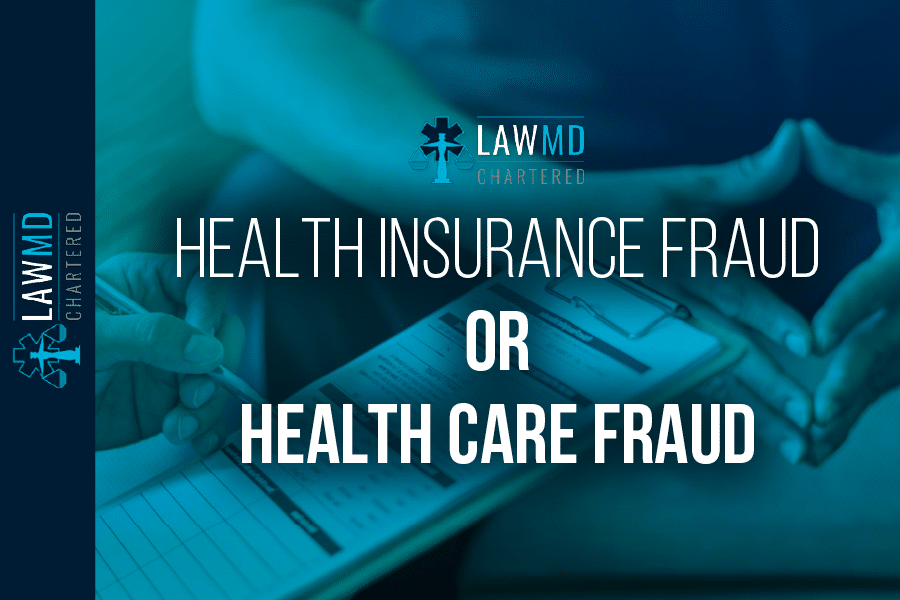Fraud Convictions and Licensing: Can Felon For Fraud Get Health Insurance Agent License

Obtaining a health insurance agent license after a fraud conviction presents significant challenges. Licensing boards rigorously vet applicants, carefully scrutinizing their backgrounds to ensure public protection and maintain the integrity of the insurance industry. A criminal record, particularly one involving fraud, raises serious concerns about an applicant’s trustworthiness and fitness to handle sensitive financial information.
The impact of a fraud conviction on a license application is substantial and depends heavily on several factors. The severity of the crime, the nature of the fraudulent activity, and the time elapsed since the conviction all play crucial roles in the licensing board’s decision-making process. A minor, isolated incident might be viewed differently than a pattern of fraudulent behavior or a conviction involving large sums of money.
Severity and Nature of Fraudulent Activity
The severity of the fraud directly influences the likelihood of license denial. A misdemeanor conviction for a relatively minor instance of fraud may be less detrimental than a felony conviction for a large-scale scheme. Similarly, the nature of the fraud is critical. Fraud involving deception, misrepresentation, or breach of trust is viewed more seriously than other types of criminal activity. For example, insurance fraud itself would be a major red flag, while a conviction for a different type of fraud, like tax evasion, might still be cause for concern but might not be as automatically disqualifying. The licensing board will examine the specifics of the crime, including the amount of money involved, the number of victims, and the level of premeditation.
Types of Fraud Resulting in License Denial
Several types of fraud are particularly problematic for licensing applications. Insurance fraud, naturally, is a major impediment. Any conviction related to misrepresenting information to obtain insurance benefits or defrauding an insurance company will almost certainly lead to denial. Similarly, convictions for financial fraud, such as embezzlement, identity theft, or securities fraud, demonstrate a pattern of dishonesty that is incompatible with the responsibilities of a health insurance agent. Credit card fraud, bank fraud, and wire fraud are also significant red flags.
Examples of Granted and Denied Licenses
While specific case details are often confidential, hypothetical examples can illustrate the range of outcomes. An individual convicted of a single misdemeanor for check fraud many years ago, who has since demonstrated consistent responsible behavior and undergone rehabilitation, might have a better chance of approval than someone with multiple felony convictions for sophisticated insurance fraud within the last decade. Conversely, an applicant with a recent felony conviction for a large-scale investment fraud scheme would face an extremely uphill battle. The licensing board weighs the applicant’s entire history and assesses the risk they pose to the public.
Mitigating Factors in Licensing Decisions
Several factors can mitigate the negative impact of a fraud conviction. A significant period of time elapsed since the conviction shows rehabilitation and a commitment to a law-abiding life. Evidence of successful rehabilitation, such as participation in restorative justice programs or completion of relevant educational or training programs, strengthens the application. Letters of support from reputable individuals attesting to the applicant’s character and trustworthiness can also be beneficial. Finally, a detailed explanation demonstrating genuine remorse and a clear understanding of the consequences of the past actions can positively influence the licensing board’s decision.
Alternative Career Paths

A felony conviction, even for fraud, doesn’t necessarily preclude a successful and fulfilling career. Many alternative career paths exist that leverage transferable skills and offer opportunities for growth and stability. The key is identifying suitable options and effectively presenting one’s qualifications to potential employers. This requires a strategic approach that emphasizes skills, experience, and rehabilitation.
Many skills acquired during a career in fraud investigation or related fields are highly transferable to other sectors. Analytical skills, attention to detail, problem-solving abilities, and investigative techniques are valuable assets across numerous professions. Furthermore, experience in regulatory compliance, risk management, and data analysis are highly sought after in various industries.
Self-Employment Opportunities, Can felon for fraud get health insurance agent license
Self-employment offers significant flexibility and control over one’s career trajectory. Starting a small business allows individuals to leverage their existing skills and experience while avoiding potential employment barriers associated with a criminal record. Examples include consulting services in areas such as risk management or compliance, offering online training courses related to fraud prevention, or establishing a security consulting business focused on small businesses. The success of these ventures hinges on strong business acumen, effective marketing, and the ability to manage finances. For example, a former fraud investigator could utilize their expertise to offer consulting services to businesses seeking to improve their internal controls and reduce their risk of fraud.
Technical and Data-Driven Careers
The growing demand for skilled professionals in the technology sector presents numerous opportunities. The analytical and investigative skills honed during a fraud investigation career are highly transferable to roles in data analysis, cybersecurity, and IT auditing. These fields often prioritize technical proficiency and problem-solving abilities, rather than focusing solely on an applicant’s background. For instance, a candidate with a strong understanding of data patterns and anomalies, acquired through fraud investigation, could excel in a data analyst position, identifying trends and insights that benefit a company.
Security and Risk Management
The skills and experience gained in fraud investigation translate directly into various roles within the security and risk management sectors. Positions in loss prevention, security analysis, or compliance offer a natural progression for individuals with relevant backgrounds. These roles often require a strong understanding of risk assessment, investigative techniques, and regulatory compliance. A former fraud investigator, for example, could leverage their experience to secure a position in a security firm specializing in protecting businesses from cyber threats. Their background would make them particularly adept at identifying vulnerabilities and developing mitigation strategies.
Presenting Alternative Career Paths to Employers
Effectively presenting alternative career paths to prospective employers requires a carefully crafted approach. The focus should be on highlighting transferable skills and demonstrating a commitment to rehabilitation and professional growth. It’s crucial to address the felony conviction directly, but to frame it within the context of personal growth and a renewed commitment to ethical conduct. Presenting concrete examples of how past experiences have shaped current capabilities and future aspirations can effectively showcase the value of a candidate despite their past. Emphasizing positive changes, such as completing relevant training or obtaining certifications, further strengthens the application. Furthermore, showcasing letters of recommendation from mentors or previous employers can attest to the candidate’s character and capabilities.

Tim Redaksi